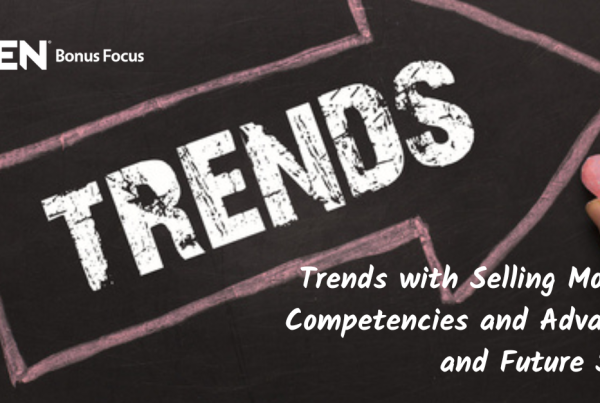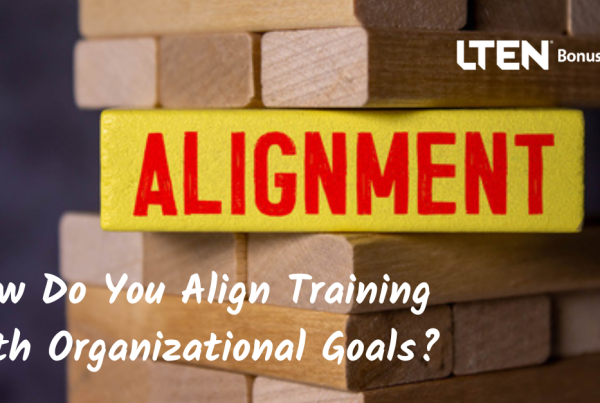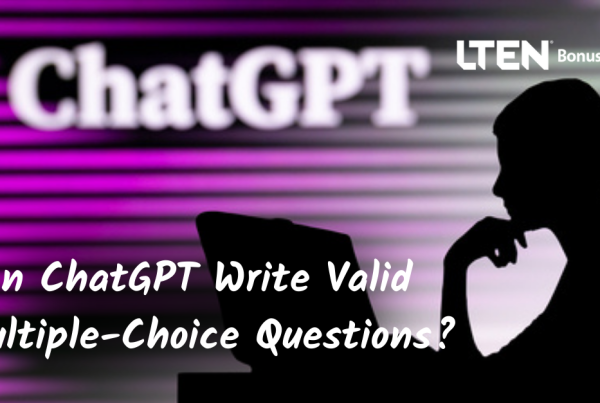
By Krishna C. Kalva
The teacher is an important guiding influence in our lives. They are influential in shaping our personalities and help us to choose and navigate different fields or careers.
We can all associate with a teacher we have interacted with during our formal education days. As we enter our professional lives, a teacher or guide continues to appear in different forms, as mentors and colleagues. We approach them for seeking guidance or clarity whenever required both in our personal and professional lives.
In current times, where learners and their learning experiences are changing, so is the role of a teacher. As somebody who believes learning is continuous and transforming, the same applies for teaching.
Finding Our Teacher
Everyday experiences in our lives act as a guiding force in identifying our motives and help us work on improving our skills. As our experiences drive our thoughts, sometimes we need a teacher to guide our perceptions, our thoughts, and actions. That teacher we are looking for, sometimes exists within us. So how can we identify?
Finding a teacher within could be interpreted in multiple ways. Some profound authors simply stated it as, “be your own guide.”
Being or becoming a guide is nourished through experiences, by offering a change in perspective and how skillfully we respond to different situations. It is important to highlight that to master certain specialized skills (ex. technical), a teacher and formal education is necessary.
Mastering specialized skills through self-study only, might be challenging and may prove insufficient. The frame of reference here are people skills, as they are important for both personal and professional lives.
Interpersonal Aptitude
People skills in professional lives are increasingly becoming important as they allow us to leverage and adapt the human side of ourselves.
- Learning & development (L&D) teams are constantly on the lookout to source opportunities and to support the workforce in sharpening their interpersonal skills.
- There are multiple learning opportunities available both in-person and digital. Managers are being coached to become mentors or guides to support people development initiatives.
- There is sufficient data available within organizations to highlight skills gaps that calls for action. Organizations are increasingly moving away from push learning culture toward a pull, by putting the learner in the center and empowering them to take charge of their own development.
- There are support systems being created through training content, coaching.
Trends over time provide transparency on the improvement and impact of people skills.
The Unleveraged Teacher
With all the opportunities and insights created for learners to become skillful, there is a teacher within each of us who is becoming skillful over time and who is perhaps not always identified or leveraged.
That teacher within us has matured over time through experiences, ideologies and values and is available to unleash a positive influence on each of us.
This does not mean we stop approaching our mentors or coaches for guidance – we must continue to leverage that channel of communication. The outcome of this reflection is to leverage our trust in ourselves and to increasingly empower ourselves to guide us in our daily experiences.
One of the key attributes to this experience is to ask powerful questions for which the universe will always have an answer. For example, shifting the question from “why does it feel like that?” (which would focus on external factors) to “what can I learn from this experience?” This profound change in perspective toward the question offers the possibility to reflect upon and find a new relationship with the experience, and ultimately with yourself.
Conclusion
Drawing your attention back to the original idea, finding the teacher within. It is important for individuals and organizations to encourage a culture of open communication. A culture that is open for true and authentic conversations between individuals but also within individuals. This creates awareness and becomes the guiding force for transformation.
This collective act of awareness creates a community that is mindful of their thoughts, actions and helps in transforming our experiences. L&D teams can be a facilitator and catalyst in identifying and bringing people together to share experiences and stories that can be mutually beneficial. And there are emerging technologies that enrich the experiences by keeping the conversations fun and engaging.
It is up to us to leverage these opportunities and make our experiences fulfilling.
Krishna C. Kalva is learning solution manager at Siemens Healthineers. Email him at krishnachaitanya.kalva@siemens-healthineers.com








